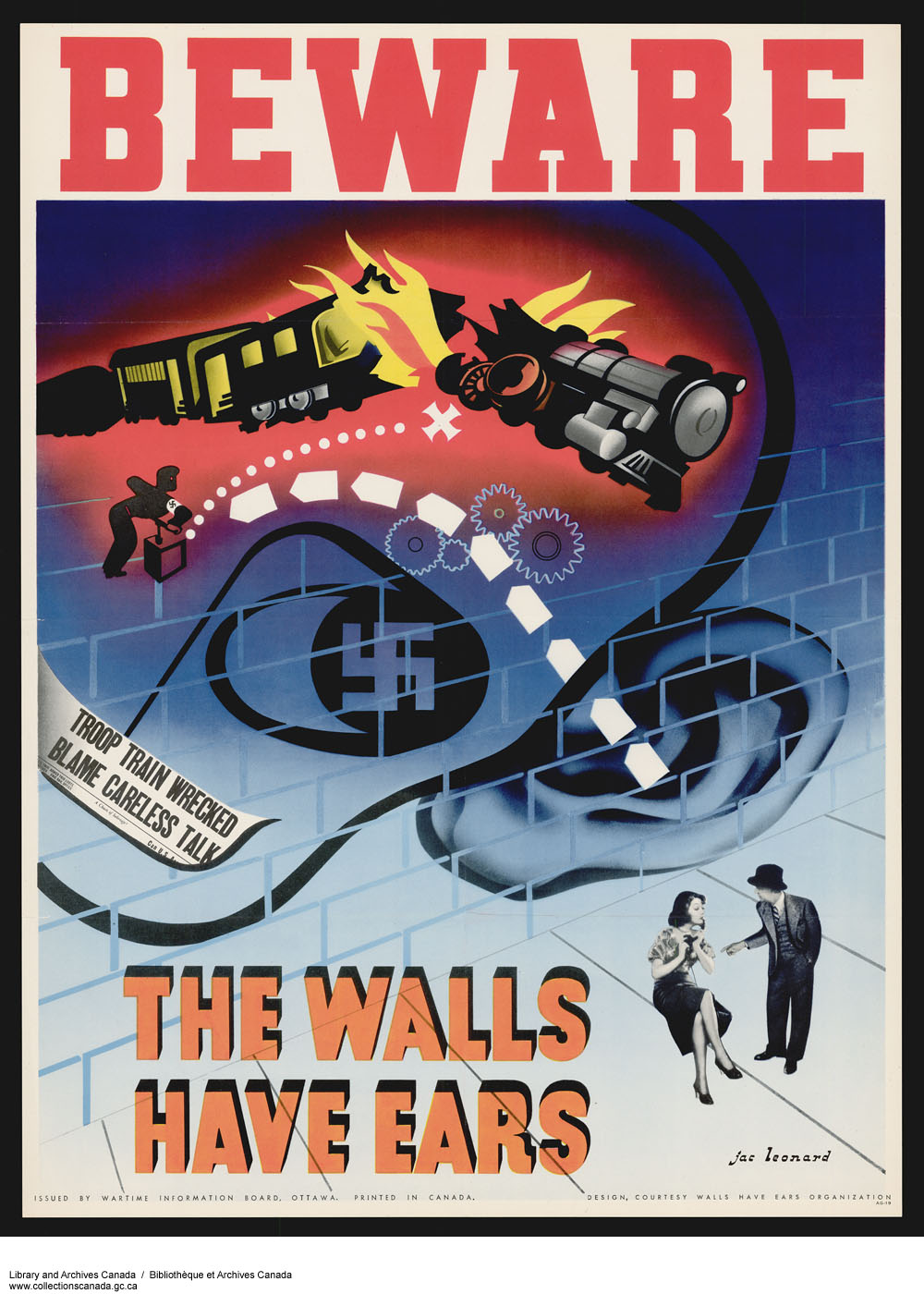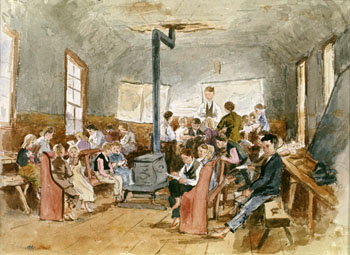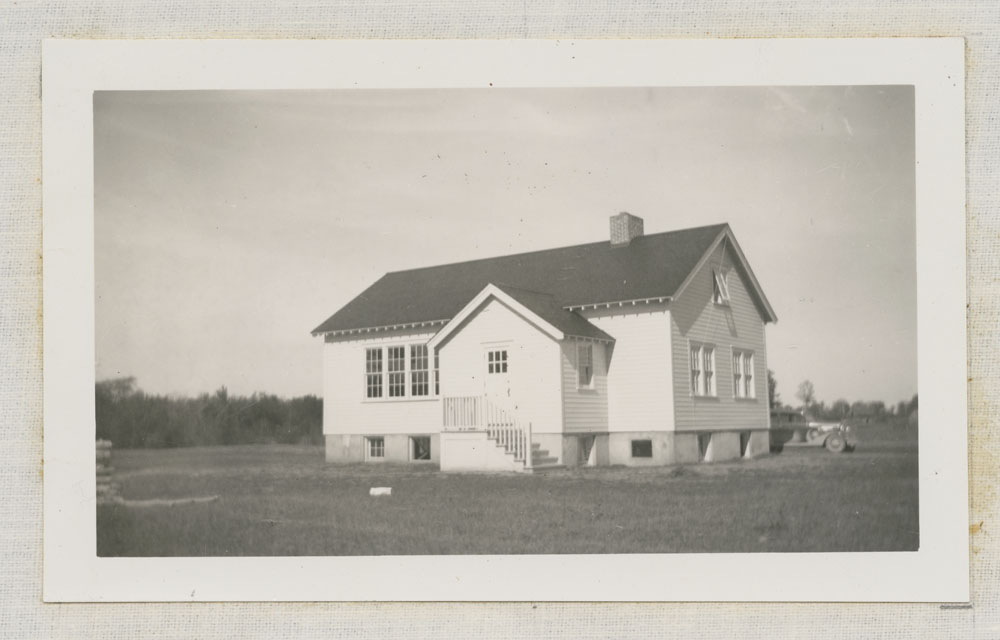Article
Higher Education
Higher education usually refers to education and training in universities, colleges and institutes of technology or art. It also refers to an academic field of studies, which has been advanced in Canada since 1969 with the establishment of a graduate unit at the UNIVERSITY OF TORONTO.









